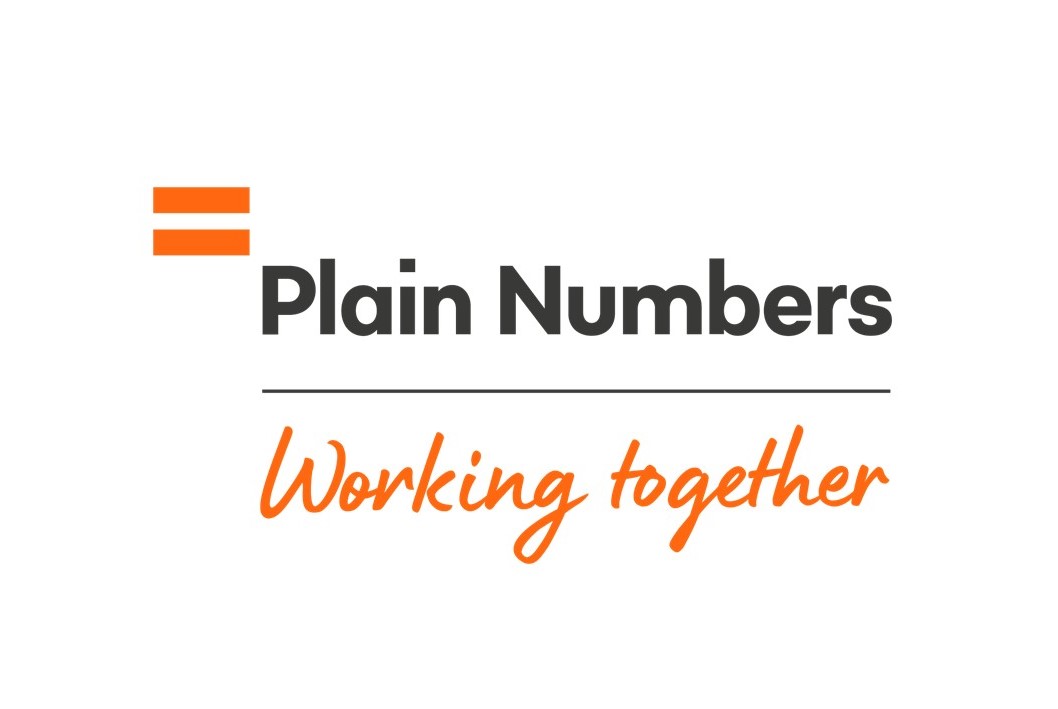Yorkshire Building Society shares strong half-year results
Financial highlights:
- Mortgage balances increased to £45.9bn (31 December 2022: £45.2bn)
- Savings balances increased to £45.6bn (31 December 2022: £42.0bn)
- 320,000 new savings accounts opened (June 2022: 171,000)
- Paid savings rates that were an average of 1.04 percentage points higher than the market (0.56 percentage points higher over 2022)
- Statutory Profit Before Tax of £180.6m (30 June 2022: £243.4m)
- Core operating profit of £246.4m* (30 June 2022: £192.5m)
- Common Equity Tier 1 ratio of 16.6% (31 December 2022: 16.8%).
The full financial results are available here.
Yorkshire Building Society has made a strong start to 2023 while continuing to support savers and borrowers to navigate the current economic challenges.
With £4.2bn gross lending (June 2022: £5.3bn), the Society helped 23,000 people to own a home with mortgage balances increasing to £45.9bn (31 December 2022: £45.2bn).
The growth in savings balances to £45.6bn (31 December 2022: £42.0bn) was helped by the opening of 320,000 new savings accounts (June 2022: 171,000). The Society supported people to improve their financial wellbeing with three increases to variable savings rates in the first six months of the year, paying rates 1.04** percentage points higher than the market average (0.56 percentage points higher over 2022).
The member-owned mutual achieved a pre-tax profit of £180.6m in the six months to 30 June (June 2022: £243.4m) and delivered a core operating profit of £246.4m (June 2022: £192.5m).
As part of its commitment to the communities where its colleagues and members live and work, the mutual delivered over 650 financial education sessions to young people across the UK, surpassed the one-million-pound milestone for its charity partner Age UK and announced the expansion of its award-winning partnership with Citizens Advice.
Susan Allen, chief executive officer at Yorkshire Building Society, said: “I’m delighted that these results – my first at the Society - demonstrate the strength and stability of our organisation. Against a backdrop of economic challenges, we’ve further improved the Society’s financial strength while delivering real help to our members and customers.
“Despite inflationary pressures and our continued investment to transform our business for the future increasing our costs, we’ve strengthened profitability, which as a mutual building society with no external shareholders, will be reinvested into the Society.
“After years of historically low savings rates, I’m pleased we’ve been at the forefront of giving back to savers as the rate landscape changed. So far this year we’ve passed on the majority of Bank rate rises to our savings range, launched new loyalty savings accounts for members who have been with us a year or longer, and set rates that were on average 1.04 percentage points higher than the market average. This will go some way to supporting our members as they navigate the current cost-of-living challenges.
“While lending is down on the previous half year, this was expected in the context of the wider market. However, the volume of applications remained high, demonstrating the strength of our mortgage range to help people own a place to call home. But we know borrowers are facing unprecedented times, and I want to reassure anyone worried about their ability to repay their mortgage with us that we’ll do everything we can to support them - a commitment we strengthened by signing the Mortgage Charter. We’re here to help and I hope borrowers reach out to let us support them through this difficult period.
“It’s these challenges that bring our purpose into even sharper focus and lead us to shape our support to help those who need it, both through our products and services, and in our communities across the UK.
“Our recently extended partnership with Citizens Advice is just one example of how we provide positive impact where our colleagues and members live and work. Now available in more than 40 of our high street branch locations, Citizens Advice advisers offer free, impartial and confidential advice. The results of this partnership continue to exceed expectations, but crucially can offer a lifeline to people at a time of need. This, together with our charitable giving, financial education, colleague volunteering and million-pound milestone for Age UK, underlines our purpose to give real help for real life.”
Outlook
Having so far avoided a recession, the UK faces stubborn inflationary pressure and potentially more Bank of England rate rises in an attempt to return the rate of inflation towards the 2% target. Though unemployment is relatively stable, real pay is falling when adjusted for inflation, and this combined with the cost-of-living challenges, paints a contrasting picture for savers and borrowers.
The savings market is likely to see increased levels of competition from providers as banks and building societies compete for liquidity and consumers seek higher returns. Rising rates will be welcomed by savers, but borrowers face an extension of the challenges already seen this year. Higher interest rates may be of concern to many homebuyers and those remortgaging this year, the consequences of which mean a significant increase in monthly mortgage payments putting further pressure on already stretched households.
Yorkshire Building Society’s mutual model will ensure it is well placed to continue reacting to the ongoing challenges while providing purposeful benefits to its members, customers and communities.
ENDS
*The main reason for the difference between statutory profit before tax and core operating profit is the removal of fair value volatility i.e. gains and losses on derivatives not qualifying for hedge accounting, and on non-core equity investments. H1 2023 has seen a material fair value loss, with the primary drivers relating to a material increase in both the volume of ‘receive fix’ savings swaps that are not placed into a hedge relationship and a steep movement in the swap curve at the short end.
**YBS average savings rate compared to rest of market average rates. Data source: CACI’s Current Account and Savings Database (CSDB), Stock. Data period January – May 2023 (latest data available). Comparative period: January – December 2022.



